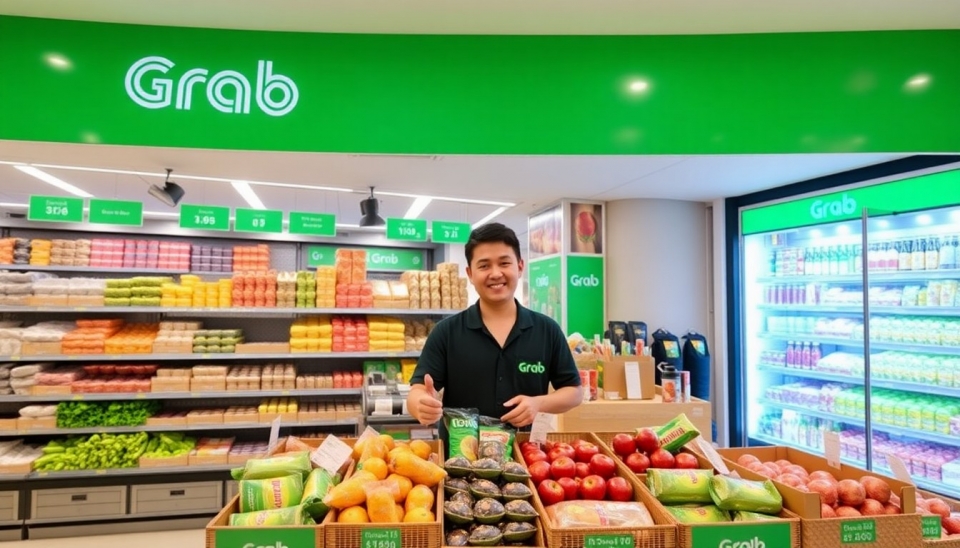
In a significant strategic move within the Southeast Asian tech landscape, Grab Holdings, a leading super app based in Singapore, is reportedly advancing discussions to acquire Gojek, its primary competitor. This potential merger could reshape the competitive dynamics of the ride-hailing and delivery markets across the region.
Negotiations are said to be in an advanced stage, with both parties evaluating various aspects of the merger agreement. The discussions focus on combining resources and streamlining operations to create a more robust platform that could dominate the Southeast Asian market, which has seen explosive growth in recent years.
Sources close to the negotiations indicate that the deal is primarily motivated by the desire to enhance user experience while expanding service offerings. As both companies hold significant market shares in Indonesia, Vietnam, and Thailand, a merger would allow Grab to consolidate its position in these key markets and widen its reach into new territories.
Grab, founded in 2012, has rapidly transformed from a ride-hailing service into a comprehensive platform that includes food delivery, digital payments, and financial services. Meanwhile, Gojek, also established in 2010, has similarly evolved into a multi-service application, providing not only transportation but also a variety of on-demand services such as logistics and payments. The convergence of these two powerhouses could lead to increased synergy, reduced operational costs, and enhanced customer loyalty.
The discussions come amid a broader trend of consolidation in the tech industry, where companies seek to maintain competitiveness against emerging players and ensure sustainable growth in a digital economy that is constantly evolving. As they face increased pressure from new entrants and changing consumer behaviors, merging could provide both Grab and Gojek with the economies of scale needed to navigate the challenges ahead.
However, the potential merger also raises several regulatory considerations. Authorities in various countries will likely scrutinize the deal to ensure it does not stifle competition or lead to monopolistic practices. Stakeholders are acutely aware that successful acquisitions require navigating a minefield of compliance and regulatory challenges to secure approval from governing bodies across Southeast Asia.
As the negotiations progress, details regarding deal structure and valuations will likely emerge, shedding light on how both companies plan to structure their combined operations moving forward. Industry analysts are expected to keep a close eye on these developments as the outcome will undeniably influence market dynamics in the coming months.
In conclusion, if the acquisition proceeds, it could mark a landmark moment in the Southeast Asian tech scene, potentially paving the way for a more consolidated and formidable competition landscape in the delivery and ride-hailing arenas.
#Grab #Gojek #Acquisition #SoutheastAsia #TechMergers #RideHailing #SuperApp
Author: Liam Carter




